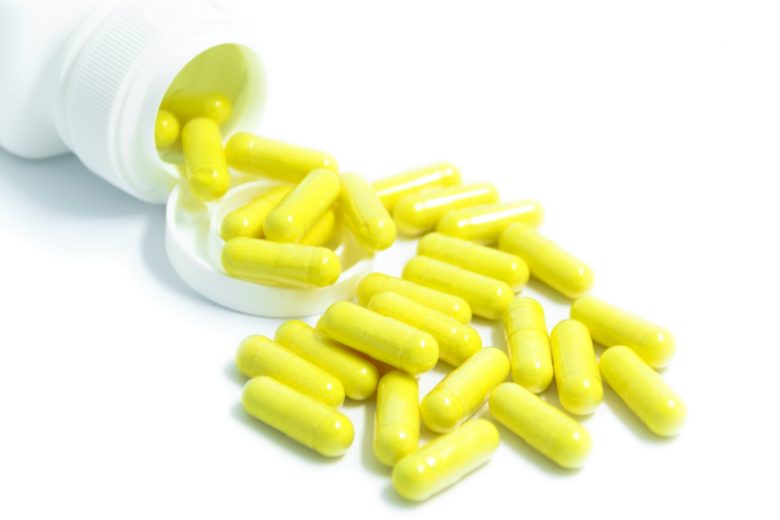
Dietary supplements taken for the purpose of decreasing blood sugar may be popular — after all, more than 9 percent of the American population (29.1 million people) is diagnosed with Type 2 diabetes — but research on their safety and efficacy is lacking.
Common and exotic supplements, including cinnamon, chromium, amino acids, herbs and plant extracts, often are touted to reduce hyperglycemia (high blood sugar) and stabilize blood sugar “naturally.” They may be taken alone, blended together in hopes of more pronounced results or used in combination with other oral or injectable medications, such as Metformin or insulin.
While there is evidence that certain dietary supplements can decrease blood sugar, many come with potential dangers. Aside from the obvious risk of hypoglycemia, other considerations include interactions with medications, liver problems and gastrointestinal issues. In addition to generally inconclusive research on the safety of dietary supplements for people with diabetes, potential interactions between dietary supplements and diabetes medications have not been well-studied.
Although chromium has been studied in the treatment of hyperglycemia, much of the research on this trace mineral is inconclusive or conflicting. There is some evidence that taking this mineral in the form of chromium picolinate can decrease fasting blood glucose, insulin and glycosylated hemoglobin (HbA1c), and increase insulin sensitivity in people with Type 2 diabetes. However, caution should be taken by those with liver problems, weakened immune systems (such as organ transplant recipients), depression, Parkinson’s disease, cardiovascular diseases and patients who are taking medications that lower blood sugar. Chromium can cause toxicity if taken chronically or in excess, which also may occur if taken in combination with other dietary supplements that contain chromium.
Alpha-lipoic acid is a compound that the Natural Medicines Database lists as “possibly effective” in improving insulin sensitivity and fasting blood glucose levels in people with Type 2 diabetes. In addition, some research has shown alpha-lipoic acid may improve blood sugar levels among individuals with Type 2 diabetes, but evidence remains conflicting and higher-quality studies are needed to provide more definitive recommendations. Note that dietary supplements such as alphalipoic acid and chromium can cause gastrointestinal distress.
Cinnamon is another common supplement used to decrease blood sugar, although researchers have found risks among people with diabetes. Further, no clear benefits have been found. For example, a 2012 systematic review of 10 randomized controlled trial studies did not support the use of cinnamon for Type 2 diabetes. In some people, supplementing with cinnamon may even worsen liver disease and interact with blood thinning medications.
There is no clear evidence of benefits from supplementation in people with Type 2 diabetes who do not have underlying deficiencies. Supplementation with antioxidants, vitamins and minerals or other dietary supplements to reduce blood sugar is not advised due to a lack of evidence of efficacy and concern related to long-term safety.
Supplementation to decrease blood sugar should not replace dietary, lifestyle or medical interventions. Working with a registered dietitian nutritionist to create an individualized nutrition plan for balanced blood sugar is helpful, in addition to achieving or maintaining a healthy weight, working with a physician on medication needs and developing a physical activity routine.





